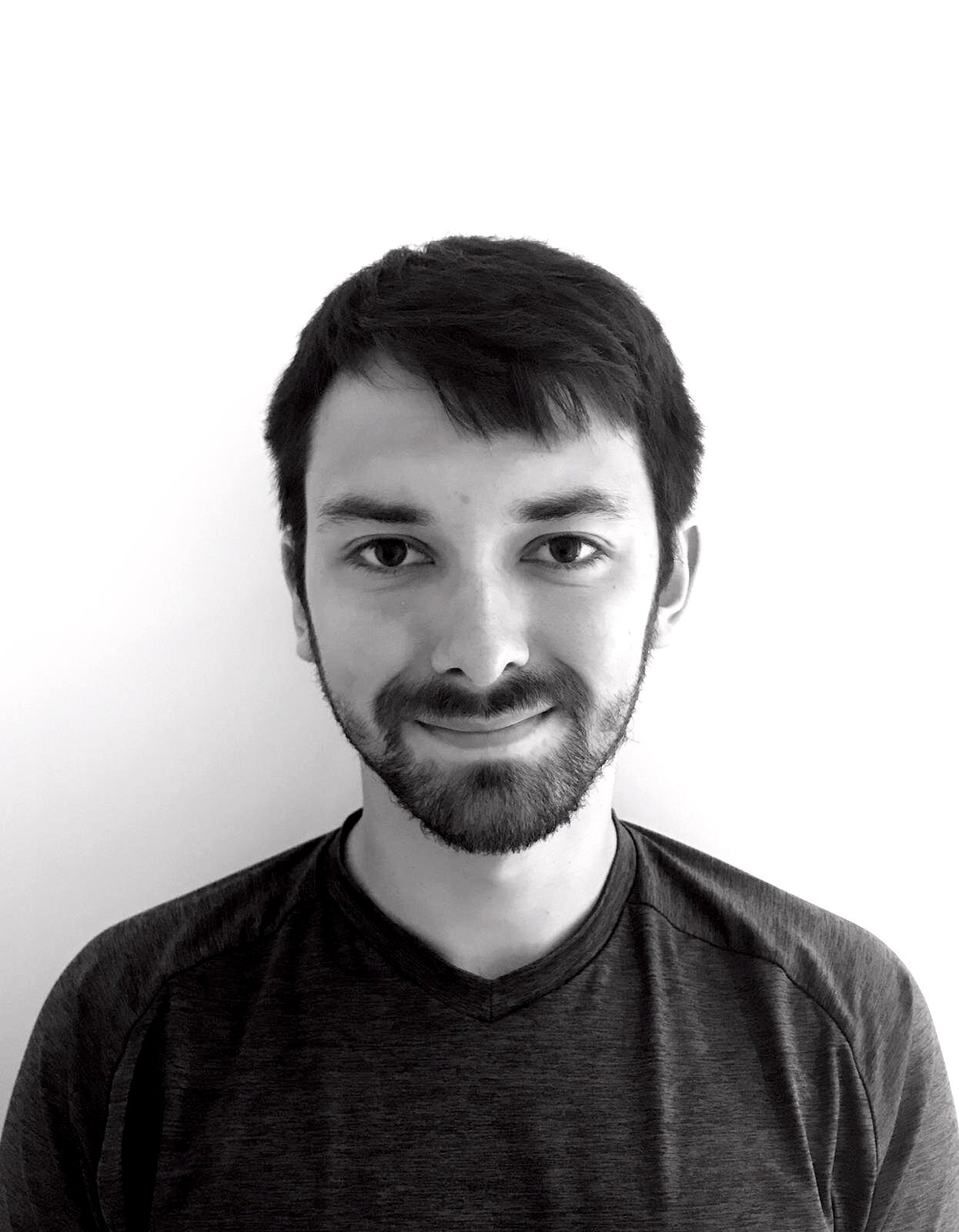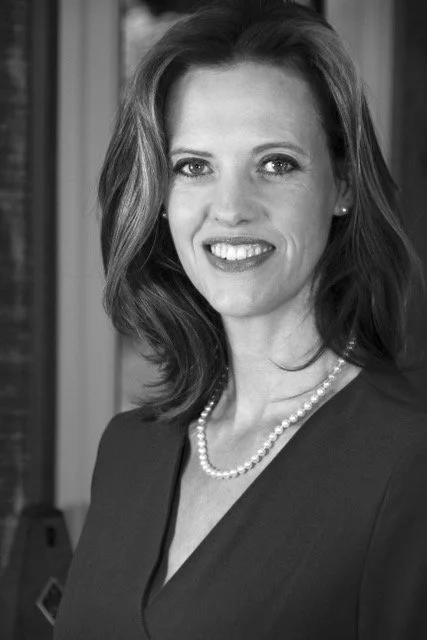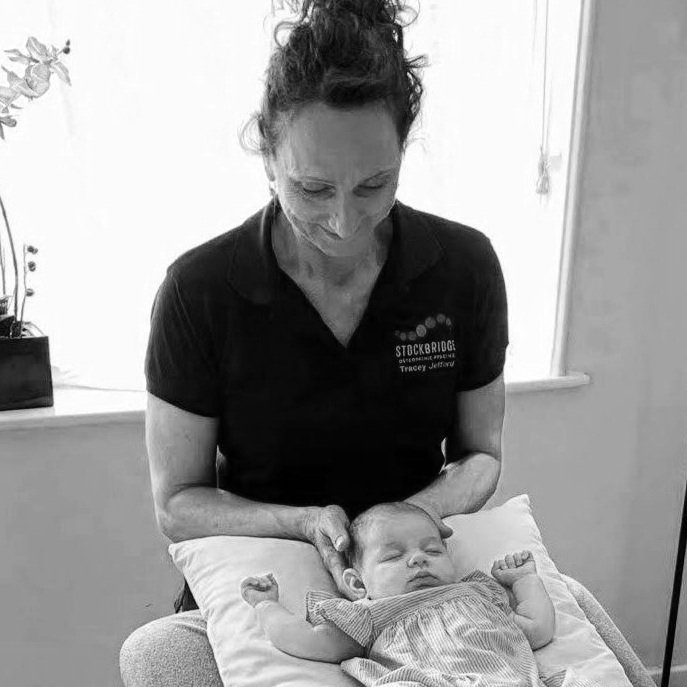Roberto's nuggets of wisdom on recovery
A bit of background
As some of you may be aware if you have seen me in clinic, I am crazy about football but unfortunately I tore my ACL just over 2 years ago. The ACL is the Anterior Cruciate Ligament, which is a major ligament in the knee which keeps the knee stable and prevents excessive movement between the femur and tibia (thigh and shin bones). Despite injuring my knee over 2 years ago, I tried to manage it as best as I could but after 3 relapses where my knee kept giving way during exercise I had an MRI and met with a knee consultant. Following some physical testing and a discussion regarding the results of my MRI, we agreed to do an arthroscopy so the consultant could see first hand the extent of the injury and to decide the relevant subsequent course of action. I remember being asked ‘what do you want to achieve as a result?’ and the answer was simple ‘to get back to playing football and exercising without pain, swelling and giving way.’ To which I was told ‘you may get away with it without the surgery and with conservative treatment but if you want to get back to sport then the best and only option is surgery to reconstruct the ACL and restore the stability in the joint.’ This question is so important because you need to weigh up your options and have a goal in mind.
And so I booked my surgery…for a few days before the start of the World Cup so I could recover whilst watching every minute of football…obviously.
Thoughts and feelings
Big injuries are tough. This is my first big injury and I never fully appreciated the impact it can have on your mental health. I always used to think, ‘stay positive, you’ll get back again some day’ and as much as that’s true, not being able to do the thing you love is a horrible feeling. Watching football and seeing others have the joy of playing knowing you can’t be out there is the worst feeling. I never realised how much of an emotional and mental release I was getting from football and sport until it was gone (I know this all sounds very dramatic but the reality is that we all need some kind of break from every day stresses and worries. For some people that’s a glass of wine at the end of the day, for others it’s eating chocolate and watching reality tv. For me it was 90mins of playing football on the weekend).
Pre-Surgery
Prehab. Prehab. Prehab. I knew I had surgery coming up so it was so important to preempt the fact that I was going to be immobile and won’t be able to walk much so I spent months working in the gym to get stronger knowing that if I lose some muscle mass I’m in a better position than if I did nothing.
The day of surgery is a bit daunting, you’re not sure what to expect and everyone seems to be buzzing around you asking you questions and getting you prepared. I found the build up to having the surgery the most difficult part because it was out of my hands and my control. I couldn’t wait for it to be done so I can take recovery into my own hands.
I had a physio come to see me before the I went down to theatre to go through the advice and exercises for immediately after the surgery and to go through how to use crutches and specifically going up and down stairs. Every consultant is different so the advice and exercises you get are likely to be specific to your consultant in what they believe and in their experience.
Post-Surgery
I remember waking up after it was all done and thinking that I didn’t feel any different…roll back the covers to 3 dressings over my knee and thigh, thank God for anaesthetic! The best tip I can give for immediately after surgery is to ask for help. The nurses are there to help as much as they can, listen to them and do what they say because they do this every day.
Surgery done. Overnight in hospital. Back home to recover. Exercises in hand, medication in bag and prepared to recover from the effects of surgery.
This is where it can get a little tricky because you don’t know how far to push yourself and you don’t want to go backwards in your recovery. The important thing for me was to make sure I did the basic things, I got up out of bed, showered, got myself dressed, hobbled downstairs, then tried to get up and move around with my crutches little and often. It’s easy to just lay in bed and not do anything, that’s fine for short periods but you start to get an achy back or neck and you just don’t feel like you’ve done anything. Take the medication and pain relief strictly as prescribed and explained to you by the pharmacist, for me this was a blood thinner for 1 week while I was inactive and not moving as much then ibuprofen and paracetamol.
I know it sounds funny that I decided to wait months to have my operation just so I could watch the whole World Cup but it really helped. By keeping myself entertained, the days flew by and I could focus my energy on what I needed to do to recover. The important thing was getting swelling down so I could lay on the sofa whilst elevating the leg, take regular ibuprofen, do my exercises, have an ice pack on it, massage bio oil into the scar and surrounding areas and to get up at half time or full time for a hobble around the house.
Fast forward to 3 weeks after operation and seeing the physio for a follow up on how my progression is going and the key point was to try push it a bit more. Try to get some better pain relief so it’s not so sore and painful and get the movement back. It’s easy to not want to push it for fear or making it worse but at this point in the recovery this is what is needed. If you don’t try to get full movement back relatively early after the operation there’s a change you won’t get full movement or mobility back in the knee.
Now 6 weeks post surgery and the scar has healed really well, I’m back walking and back working again, but the hard work hasn’t stopped. Still continuing with the massage, having osteopathic treatments, doing exercises and icing the knee. Small improvements daily and then follow up sessions with my consultant and physio to come!
This is just my experience and others may differ or have different advice.
If you ever have any questions, need advice or want an examination then we are always here at SOP to help in any which way we can!
I hope that helps
Wishing everyone a Happy New Year!
Roberto
Top tips:
- Ask questions to healthcare professionals and educate yourself on what’s happened and on what to expect from surgery
- Prehab
- Listen to the advice from your consultant and nurses
- Be patient and be prepared to be in it for the long haul for best recovery
- Keep yourself entertained!



































